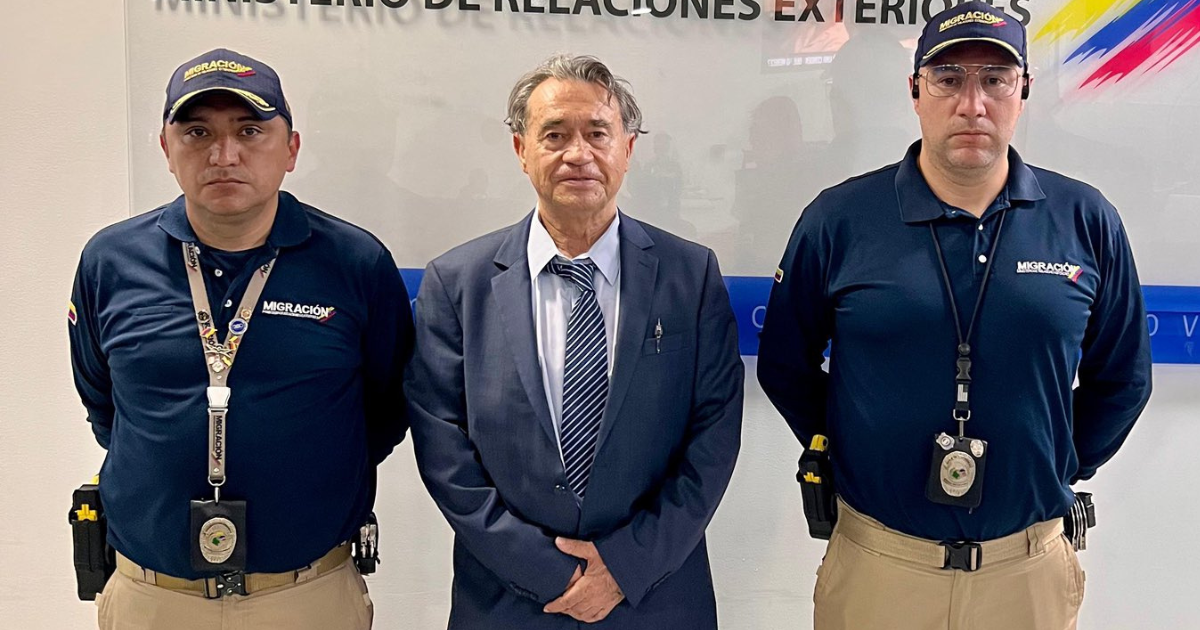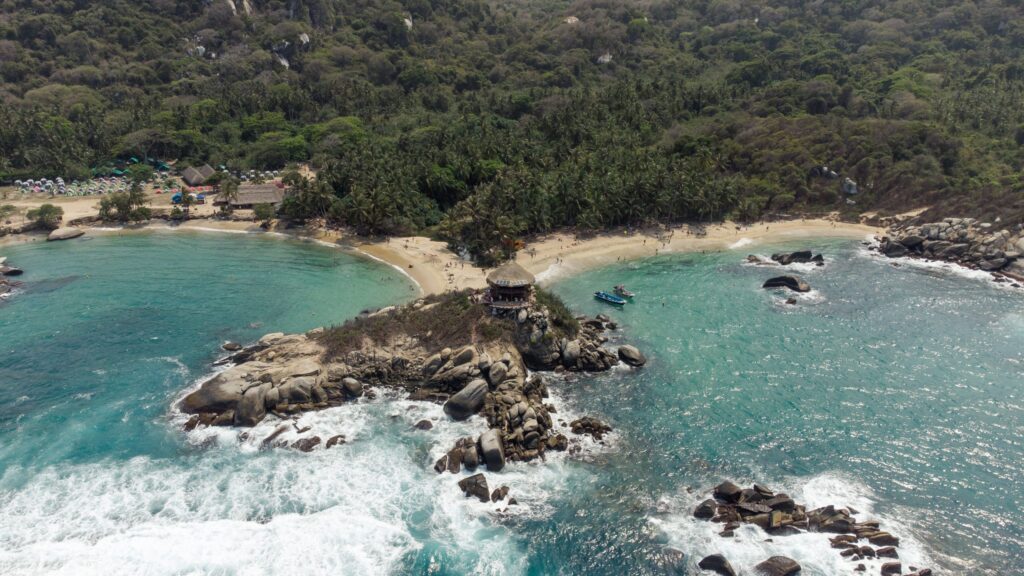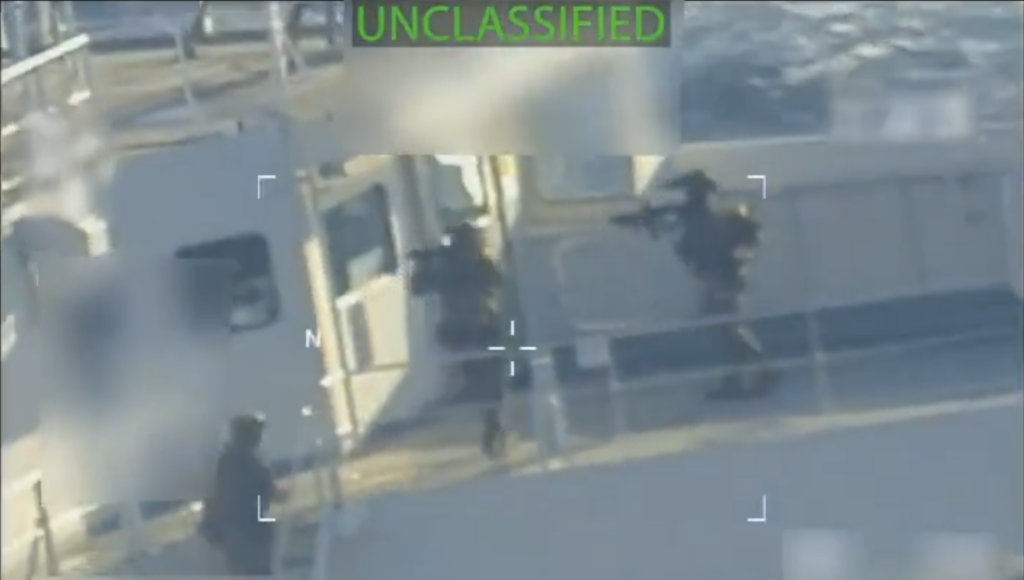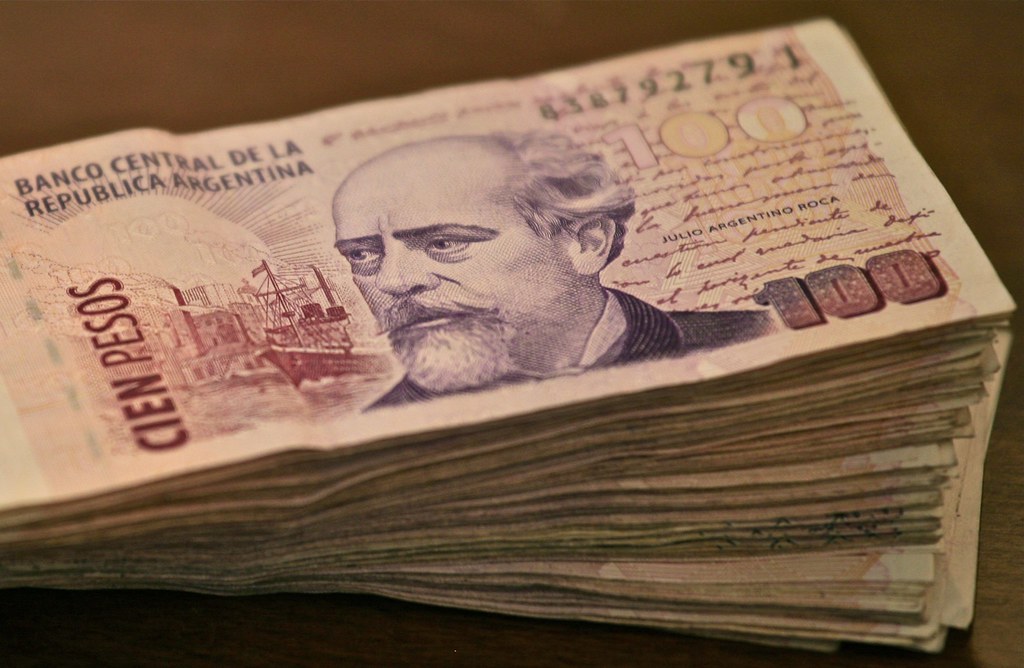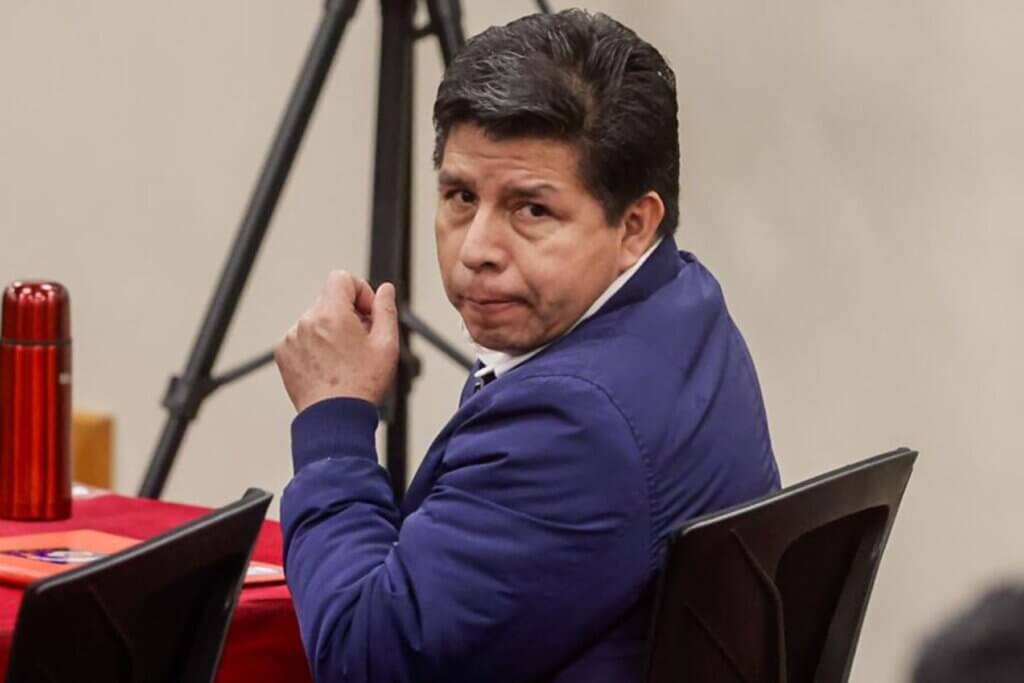Bogotá, Colombia – Last month, infamous drug lord Carlos Lehder was arrested upon arrival at Bogotá’s El Dorado Airport for historic drug and arms trafficking offenses.
The 75-year-old co-founder of the Medellín Cartel had already served over three decades in a U.S. jail cell after in 1987 becoming the first narcotics trafficker to be extradited from Colombia to North America.
Despite being released days after arriving in Bogotá, Lehder’s arrest highlights the opposition by many Colombians, including members of the justice system, towards extradition.
Colombia has bilateral extradition treaties with many countries, but its 1982 agreement to send narcotraffickers to the United States was particularly controversial.
Not only did the treaty trigger a wave of retaliatory violence and terrorism by top drug lords who protested the move, it was also opposed by regular citizens who saw it as a failure of Colombia’s justice system.
“Extradition suggests that the judicial system in Colombia is sort of secondary to the judicial interests of third countries treating crimes committed by Colombian nationals,” Sergio Guzmán, Director at Colombia Risk Analysis, told Latin America Reports.
The analyst explained that successive Colombian governments have used extradition to deny powerful criminals the judicial impunity that they often enjoy in domestic prisons.
But as well as implying that Colombia’s justice system is unable to enforce the law within its own borders, the specific conditions of the extradition treaty with the U.S. also mean that Colombian criminals tend to only be tried on drug trafficking offenses.
In 2008, the Álvaro Uribe administration famously extradited 14 senior paramilitary leaders to the United States.
The former combatants had demobilized and were cooperating with transitional justice and memory processes as part of a 2005 deal with the government.
But Uribe extradited them in a shock move, with some alleging that the then-president was worried the leaders would testify against senior politicians and businesspeople complicit in their crimes.
The commanders, who oversaw grave human rights abuses, were only tried for drug trafficking offenses in the United States.
“[They] answered to the United States for… drug-trafficking crimes, but never for the massive human rights violations that they committed,” said Guzmán.
To make matters worse, many of the paramilitary leaders were given reduced sentences in the U.S. in exchange for cooperating with authorities.
For many Colombians, extradition has left a historic debt that they feel needs to be repaid.
The son of Álvaro Medina Ochoa, a Medellín high-court judge who was killed in 1985 by the Medellín cartel, praised Lehder’s arrest by Colombian authorities before he was later released.
“In Colombia he has not paid a single day, he has not collaborated with truth-finding nor has he repaid victims,” Ricardo Medina told W Radio.
But ultimately, a Bogotá court ruled that Lehder had served his time in the U.S. and that the charges against him in Colombia had expired.
In a video after his release, the former kingpin said: “I already paid my judicial debts and I just hope that my compatriots forgive me and give me a second chance.”
Featured image description: Carlos Lehder detained at El Dorado Airport, Bogotá.
Featured image credit: @MigracionCol via X.


